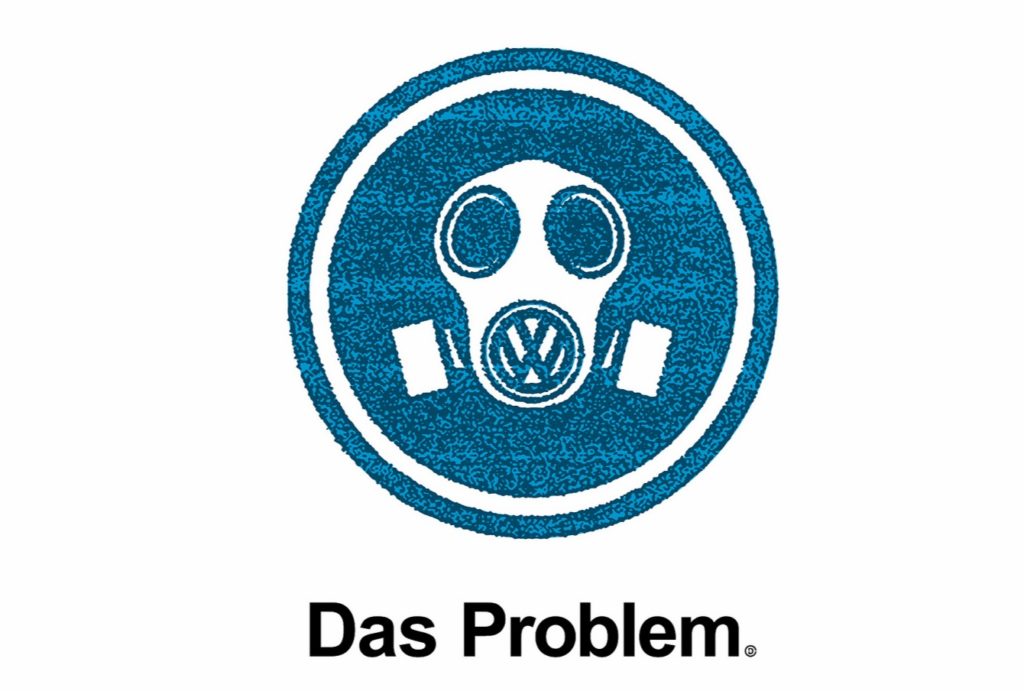The role of the Union
New proposal brings the EU one step closer to redemption

Something is moving at the Berlaymont. In 2015 the world woke up to the scandal of the so-called Dieselgate, which put one of the most trustworthy automakers in the world in shame and heavily damaged the reputation of the label “Made in Germany”. From that debacle, the American consumers managed to make Volkswagen pay for the damages it purposely caused, while their European counterparts got nothing. The reason for this disparity is that the European Union lacked (and still lacks) a common instrument to pursue a class-action and many Member States don’t have one altogether.
Justice Commissioner Vera Jourová explained yesterday (11th April) how the rights of the European consumers are strong and healthy, but we lack a mechanism to implement them. Thanks to the “New Deal for Consumers”, Europe aims at delivering a fairer Single Market that benefits consumer and businesses. The reasoning came from the Commissioner herself, which added “In a globalized world where the big companies have a huge advantage over individual consumers we need to level the odds. Representative actions, in the European way, will bring more fairness to consumers, not more business for law firms. And with stronger sanctions linked to the annual turnover of a company, consumer authorities will finally get teeth to punish the cheaters. It cannot be cheap to cheat.”
 The proposed legislation aims at allowing all the consumers to call for a class-action through a “qualified entity” (such as a consumer organization) in order to fight to obtain a compensation for the damages received. One key difference with the United States will be the “European Way”, which will prevent law firms and other businesses to call for class-actions, as the aim will be to protect the consumers, not to profit from them. So, how much could the consumer be able to ask? The Commission estimated that the fine, in order not to be “cheap”, could account to up to 4% of the trader’s annual turnover with the possibility for the Member States to introduce even higher fees. This is a huge step forward compared to the 5,5 million Euros that VW paid in Europe for its massive diesel scandal.
The proposed legislation aims at allowing all the consumers to call for a class-action through a “qualified entity” (such as a consumer organization) in order to fight to obtain a compensation for the damages received. One key difference with the United States will be the “European Way”, which will prevent law firms and other businesses to call for class-actions, as the aim will be to protect the consumers, not to profit from them. So, how much could the consumer be able to ask? The Commission estimated that the fine, in order not to be “cheap”, could account to up to 4% of the trader’s annual turnover with the possibility for the Member States to introduce even higher fees. This is a huge step forward compared to the 5,5 million Euros that VW paid in Europe for its massive diesel scandal.
Now this proposal must go through the rest of the legislative process and be discussed and approved by both the European Parliament and the Council of the European Union. This is not an easy path as the Member States are wary of possible attacks to key national industries. Many businesses and industrial associations are lobbying and pressuring the institutions to tank this initiative and they could very well succeed in the coming months. The hope is that national consumer authorities together with the reciprocal political pressure will counterbalance the businesses’ will to remain shielded from those class-actions and that we will see a swift passing of such an important piece of legislation.
 While this could be seen as marginal news, I believe it represents exactly the spirit of the cohesion and further integration, which should be the base for a solid and prosperous future for the Union. Together with the protection of our digital data, the quality gap of our food, the free EU roaming, the Digital Single Market and many other harmonized and standardized practices, this law proposal embodies a message that resonates well in the current political climate, shaken by an unruly globalization and the lost influence of the nation-state.
While this could be seen as marginal news, I believe it represents exactly the spirit of the cohesion and further integration, which should be the base for a solid and prosperous future for the Union. Together with the protection of our digital data, the quality gap of our food, the free EU roaming, the Digital Single Market and many other harmonized and standardized practices, this law proposal embodies a message that resonates well in the current political climate, shaken by an unruly globalization and the lost influence of the nation-state.
Like Aristotle theorized in his “Politics”, the human being is a political animal which created society in order to avoid the harsh rules of nature. On the same vein, we seek shelter in the nation-state and in the Union from the harsh rules of the modern world market (along with many other basic needs). If the EU can provide this protection, then it gets one step closer to survival. If, on the other hand, it proves incapable of providing the people with this defense, then the citizens and consumers will seek it elsewhere, even if unsuccessfully.
